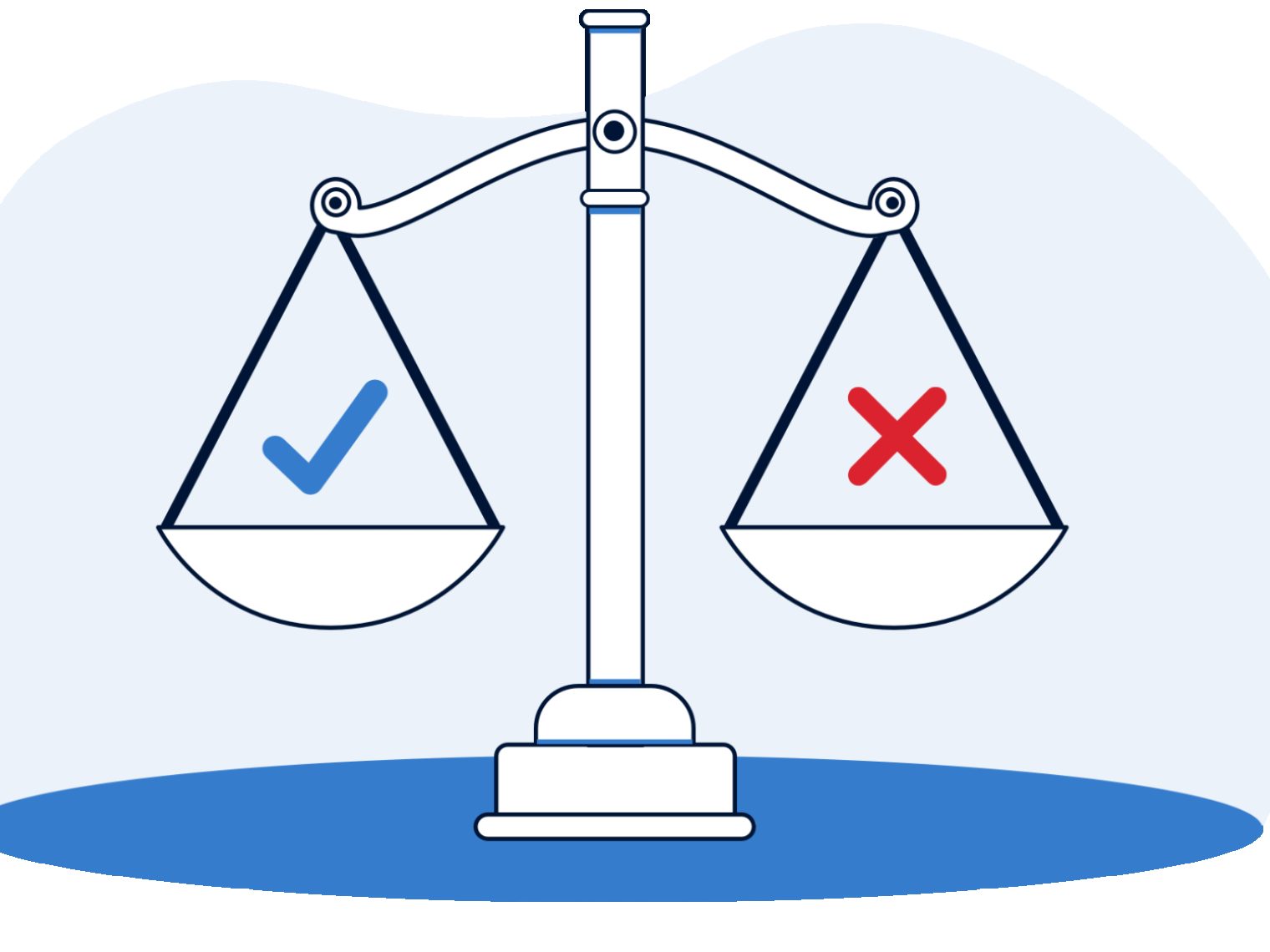Making biweekly mortgage payments can be an easy way for VA homebuyers to pay off the loan faster, reduce interest charges, and build equity.
Making sure your mortgage gets paid on time each month is critical to your financial health and security. But there are a few approaches VA buyers can take to making those monthly mortgage payments — some of which can save you money and trim the life of your loan term.
A common approach is known as "budget drafting" or making biweekly mortgage payments.
Can you do biweekly payments with a VA loan?
Yes, VA loans allow for biweekly payments. They also have no prepayment penalties, so you may pay off your mortgage early or make additional payments without being penalized financially. In fact, budget drafting and biweekly mortgage payments can be a convenient way for you to reduce interest charges, build equity faster and pay off your loan sooner.
How VA Biweekly Mortgage Payments Work
Generally, here's how biweekly mortgage payments work: You pay half of your mortgage payment every two weeks rather than make 12 monthly payments per year.
There are 52 weeks in a year, so sending a half payment every 26 weeks means you wind up making 13 mortgage payments in a calendar year. That extra mortgage payment is applied directly to your principal loan balance, which helps speed repayment and cut interest costs.
Here's an example. We'll say you're getting a 30-year $250,000 VA loan at a fixed rate of 4.5 percent. The principal and interest portions of this example mortgage payment come to $1,013 per month.
Will biweekly mortgage payments save money?
By making biweekly mortgage payments, you will lower your loan's principal balance slightly more. These savings will accumulate, and over the next 30 years, you'd pay about $165,000 in interest making 12 mortgage payments per year. Make just one extra payment per year and here's what happens:
- Total interest paid drops by nearly $30,000, to about $135,000
- You pay off the loan in about 25 years instead of 30
Talk with lenders and servicers about their biweekly mortgage payment options. Some lenders will require borrowers to work with third parties to set up and handle the biweekly payments. That extra work can come with upfront and ongoing fees.
Other lenders and servicers may handle this work in-house or otherwise allow homeowners to make biweekly payments without additional expense.
VA buyers should also bear in mind that biweekly payments can hit their budget harder than normal a couple times per year.
Generally, two months out of the year, lenders and servicers will collect three half-payments instead of the usual two. Make sure you're financially prepared for those times.
How to Budget Draft Yourself
The beauty of budget drafting is you can set it and forget it. But you don't have to take that approach, especially if setting up biweekly mortgage payments will come with costs and fees.
Homeowners can always pay additional money each month toward their principal balance. You can divide your monthly payment by 12 and add that to each month's payment, or you can tack on whatever amount you can afford. If you go this route, make sure the lender knows you want the additional money applied solely to your principal balance.
This do-it-yourself approach requires more diligence. But it can be equally rewarding, not to mention financially savvy. Paying costs and fees to set up and maintain biweekly mortgage payments doesn't make a lot of sense.
It's also important to understand that you're not sending the mortgage servicer two half-payments every month if you go the DIY route. You're just paying an additional amount toward the principal along with your regular monthly mortgage payment.
If budget drafting is something that appeals to you, talk with lenders and servicers about their options and policies.
Related Posts
-
 VA Renovation Loans for Home ImprovementVA rehab and renovation loans are the VA's answer to an aging housing market in the United States. Here we dive into this unique loan type and the potential downsides accompanying them.
VA Renovation Loans for Home ImprovementVA rehab and renovation loans are the VA's answer to an aging housing market in the United States. Here we dive into this unique loan type and the potential downsides accompanying them. -
 Pros and Cons of VA LoansAs with any mortgage option, VA loans have pros and cons that you should be aware of before making a final decision. So let's take a closer look.
Pros and Cons of VA LoansAs with any mortgage option, VA loans have pros and cons that you should be aware of before making a final decision. So let's take a closer look.

